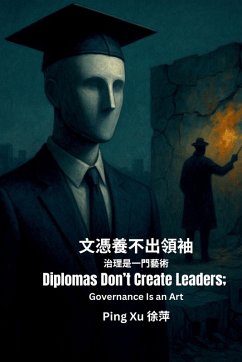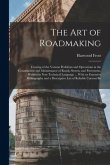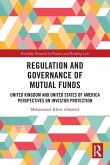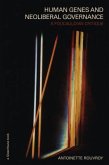Prestigious diplomas do not create wise leaders. They often create rigid ones - and in doing so, they are quietly breaking the world. Across continents, societies are faltering under crises they seem unable to solve. In the United States, healthcare reform has been paralyzed for decades. In East Asia, entire nations face demographic collapse while governments hesitate to adapt. In India, ambitious development plans are routinely derailed by bureaucratic gridlock. And in countless other places, inequality deepens, public trust erodes, and political systems seem incapable of change. We are told these failures are inevitable - that governance is simply hard, and that we must trust the "best and brightest" to lead us. But what if this assumption is the problem? In Diplomas Don't Create Leaders; Governance Is an Art, Ping Xu delivers a bold critique of the credential-worship that dominates modern politics. She argues that today's governance systems are led not by visionaries, but by "score monsters" - people trained from childhood to chase grades and rankings, but rarely trained to listen, synthesize, or imagine. These individuals rise through elite academic pipelines designed to reward conformity, memorization, and test-taking skill. Once in power, they often replicate those same rigid systems, mistaking control for competence and bureaucracy for wisdom. Xu shows how this credential obsession has hollowed out the essence of leadership. Technical mastery is mistaken for judgment. Exam performance is mistaken for resilience. Data is mistaken for empathy. The result is brittle institutions run by people who can analyze numbers but cannot read the room, who can build frameworks but cannot nurture trust. They are brilliant under artificial conditions yet paralyzed in real-world complexity. Drawing on examples from around the world, Xu contrasts this failure with historical cases of adaptive, human-centered governance. She highlights how postwar leaders in Germany rebuilt their country through humility and long-term thinking rather than prestige. She examines how Finland transformed its education system not through competition, but through collaboration and trust. She shows how Uruguay rebuilt public services after dictatorship through inclusive dialogue rather than technocratic dictates. These leaders were not the most credentialed - but they were the most courageous, empathetic, and integrative. From these stories, Xu builds a blueprint for cultivating true 21st-century leadership. She calls for educational systems that reward curiosity, collaboration, and ethical reasoning rather than rote competition. She urges governments to embed systems thinking and emotional intelligence into their leadership pipelines. And she challenges every citizen to stop equating degrees with wisdom, and to demand leaders who see policymaking not as mechanical problem-solving but as a living art: the art of weaving together diverse voices, embracing uncertainty, and guiding societies through change with creativity and care. Diplomas Don't Create Leaders; Governance Is an Art is more than a critique - it is a manifesto for systemic renewal. It invites readers to rethink what leadership is for, and to reclaim governance as a profoundly human endeavor.
Bitte wählen Sie Ihr Anliegen aus.
Rechnungen
Retourenschein anfordern
Bestellstatus
Storno








